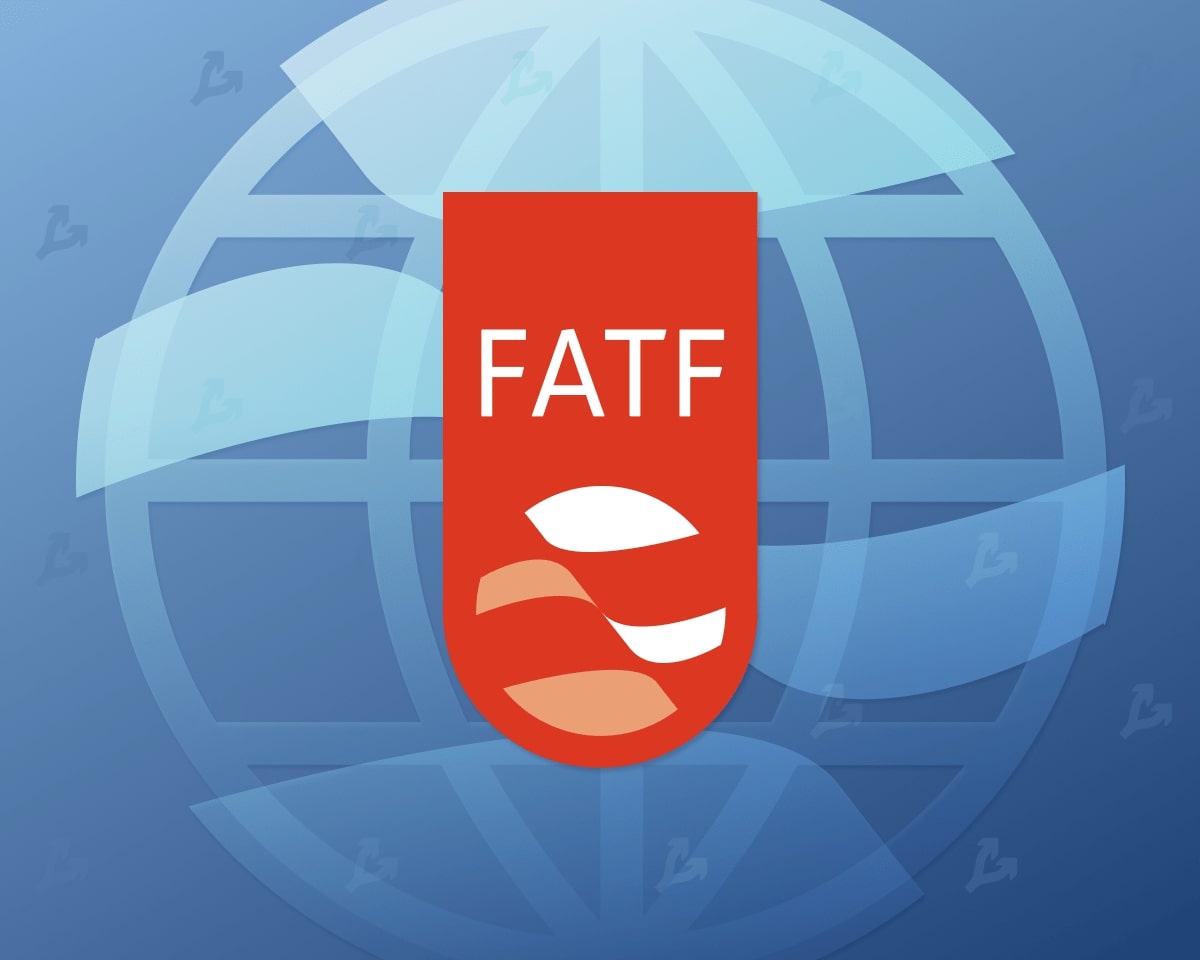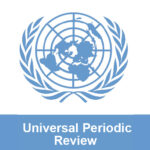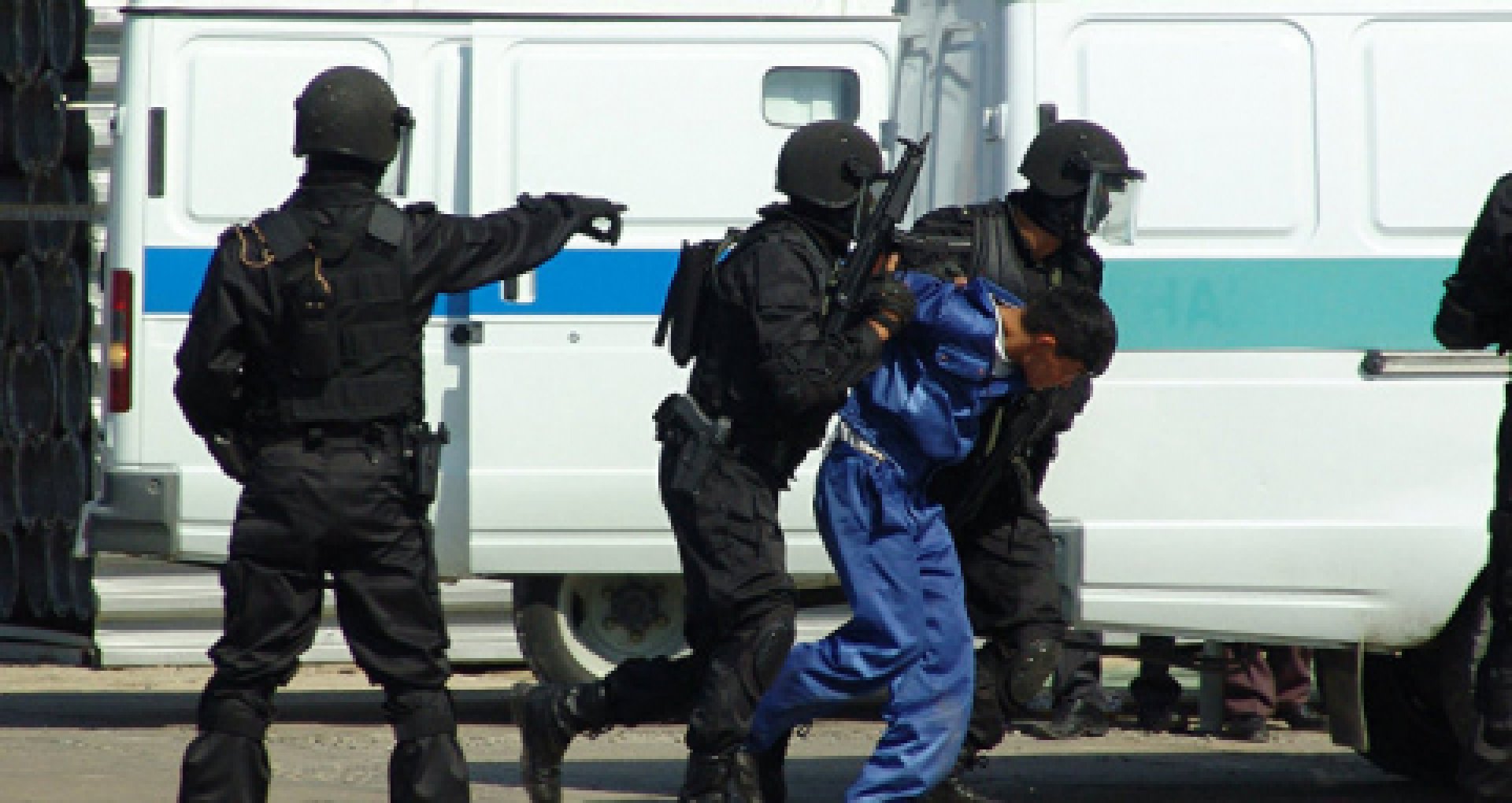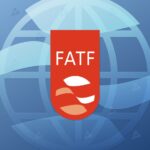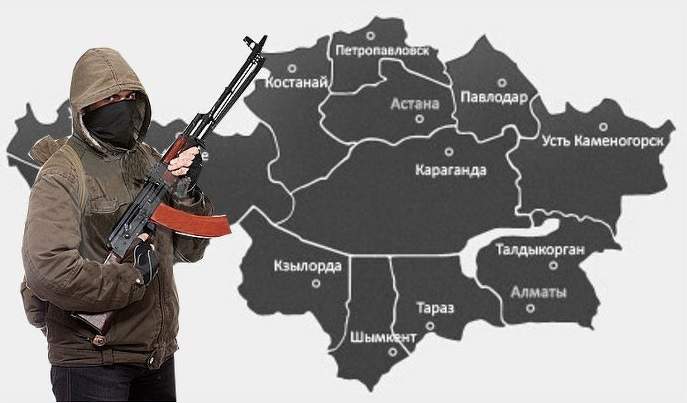In this note, Kazakhstani non-commercial organizations (NCOs) hereby express their concerns related to proposed legislation in Kazakhstan that is contrary to international standards on preventing the abuse of NCOs for financing terrorism and contravenes human rights conventions on the protection of freedom of association. Kazakhstani NCOs request the assistance of the UNSR in raising the noted concerns with stakeholders within the GoK, NCO sector, and others during her visit to Kazakhstan on May 10-19, 2019.
At the end of March 2019, the Government of Kazakhstan (GoK) prepared draft amendments to existing laws on combating money laundering and financing of terrorism (hereinafter referred to as the draft law).[1]The Committee on Financial Monitoring (CFM) under the Ministry of Finance developed the text, which is, according to the draft law’s explanatory note, aimed at:
- improvement of legislation on countering the laundering of criminal proceeds and the financing of terrorism;
- improvement of the national security system; and
- compliance of Kazakhstan’s laws with the international standards of the FATF.
The draft law includes amendments to a number of laws and regulations that affectall sectors in Kazakhstan, but NCOs in particular would be subject to new “measures to protect non-commercial organizations from their use in terrorist activities.”
Based on preliminary review, NCOs identified a number of serious issues in the proposed measures. In particular, all NCOs engaged in undefined “charitable activity” would be subject to broad and vaguely-worded requirements to ensure their supposed compliance with FATF Recommendation 8, which requires countries to use a risk-based approach towards assessing the vulnerabilities of NCOs to abuse for financing terrorism. Instead, the CFM appears to be using an approach that views the majority of Kazakhstani NCOs as potential risks of abuse for terrorist financing, which directly contradicts the definition of FATF Recommendation 8.
The draft law provisions affecting NCOs are contrary to the proportionate and targeted approach required by FATF Recommendation 8 and its Interpretative Note. Further, the draft law treats all non-commercial entities the same, regardless of their purpose, size, or scope of activity.
The draft law is contrary to the principle of a risk-based and targeted approach
The draft law makes no distinction between various types of NCOs or their risk of terrorist financing abuse. This is contrary to the targeted approach required by the FATF Recommendation 8 and its Interpretative Note[2] and Best Practices Paper.[3]According to the Interpretative Note, “a ‘one-size-fits-all’ approach would be inconsistent with the proper implementation of a risk-based approach as stipulated under Recommendation 1 of the FATF Standards. In practice, countries should be able to demonstrate that risk-based measures apply to NPOs at risk of terrorist financing abuse.”[4]
The draft law imposes new burdens on NCOs does not contribute to effective prevention of terrorist financing abuse
According to the draft law, NCOs are subject to burdensome operational requirements with no distinction regarding their size or capacity. For example, all NCOs will have to provide information on the “reputation of the entity from which they receive funds” and on recipients of charitable assistance and, upon request, NCOs will “provide…information on identified risks” to the state body responsible for implementing the draft law, which may imply that NCOs themselves will be required to carry out their own risk assessments of their beneficiaries and donors. To meet these and other requirements in the draft law, NCOs would require additional resources, space, and ongoing professional training for their employees, amongst other needs. It is unclear whether NCOs would face administrative or criminal liability for non-compliance with the draft law’s provisions.
These operational requirements for NCOs would not effectively combat terrorist financing in the non-profit sector and may significantly increase the financial and operational burdens on the affected NCOs. Amongst other risks, the draft law could deter some individuals from forming an NCO in the future or deter existing NCOs from engaging in charitable activities. Therefore, the proposed measures would infringe upon freedom of association as they put the future operation of NCOs and the implementation of their missions at risk.
Kazakhstani NCOs therefore recommend that the CFM and GoK opens the draft law for additional consultation with the NCO sector to ensure it is brought into compliance with the FATF standards on combating terrorism financing and it complies with international standards on freedom of association.
[1] Draft Law on the Introduction of Amendments and Additions to Certain Legislative Acts of the Republic of Kazakhstan on Issues of Countering the Legalization (Laundering) of Criminally Obtained Income and the Financing of Terrorism
[2] Article 3 e) of the Interpretative Note to Recommendation 8
[3] Article 7 a) of the Best Practices Paper
[4]Interpretative Note to FATF Recommendation 8, pg. 55


